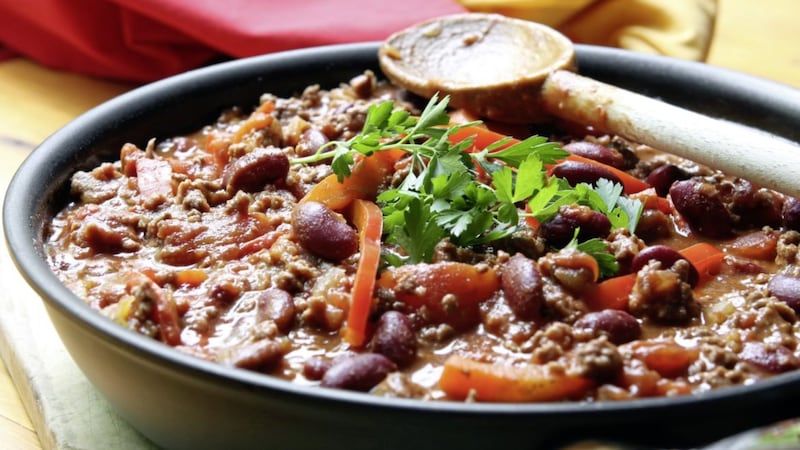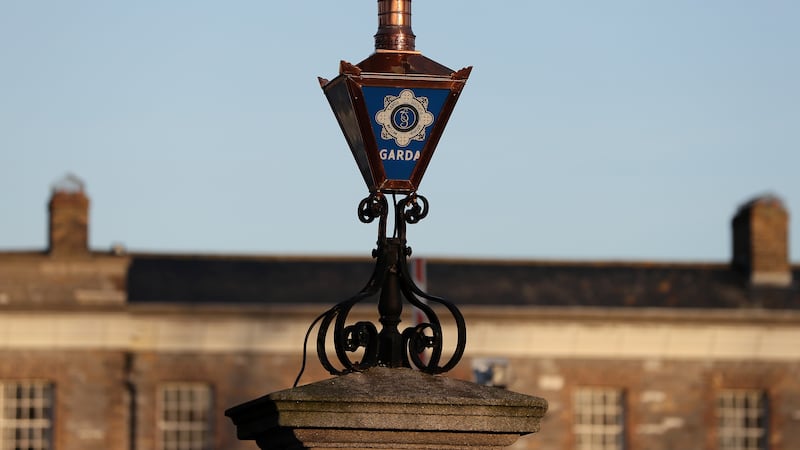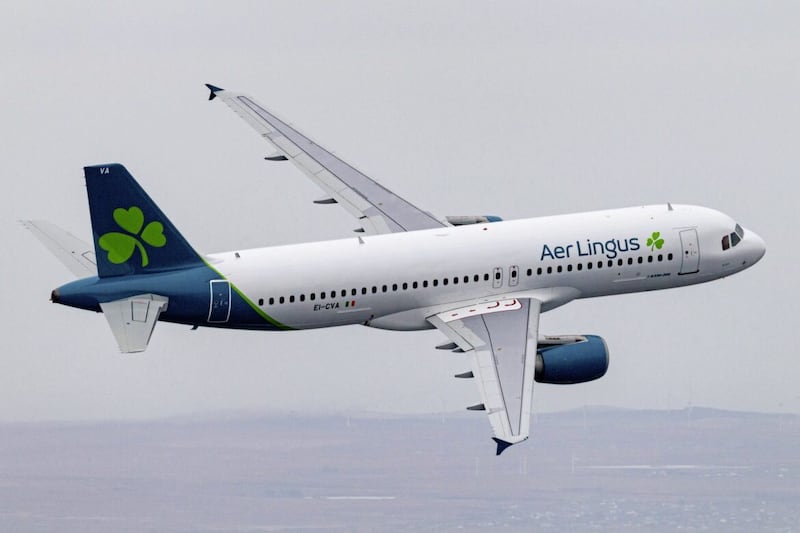The government in the Republic is set to scrap the nine euro substantial meal requirement and the time limit on tables when outdoor hospitality resumes next month, the Tánaiste has said.
Leo Varadkar also said only table service will be allowed when outdoor dining and drinking returns on June 7 and there will no longer be any restriction on the number of households permitted to sit at one table.
Mr Varadkar outlined the government’s plans for the sector at the Enterprise, Trade and Employment Committee today.
He said: “Seated only. A metre or a metre and a half between tables. No more than six at a table. They can come from any number of households. There will be no rule of 15. If you have the space, you have the space.
“There won’t be a requirement to buy a substantial meal – that’ll be gone. And we don’t anticipate there will be a limit on the time you can stay so it will be a lot more practical than what existed before, but that’s not finalised yet.”
Mr Varadkar told the committee the government “still expects” indoor dining to resume in July, adding that he hoped the disparity between indoor dining at hotels and other restaurants would only be “a couple of weeks”.
The Tánaiste told TDs and senators in his opening that that he hoped the Republic of Ireland can return to “close to normality” by late summer.
He said: “I’m very hopeful that we can return to something close to normality by late summer.
“It has been an extremely long road for everyone – for workers, businesses, friends and family – but I think our patience will have been worth it. ”
The Fine Gael leader described the state’s vaccination programme as “picking up momentum”, administering about 270,000 vaccines per week.
“Nearly 40% of our adult population has had at least one dose now and we hope to have the vast majority of our adult population at least once by the end of June and fully by the end of September,” he added.
The Tánaiste also said the government expects to be in a position to publish the National Economic Recovery Plan in the next two weeks and that it will outline “targeted assistance for sectors which will continue to be most adversely affected by the pandemic”.
“It will outline the next steps for the emergency pandemic interventions, including the PUP and EWSS, reaffirming the government’s commitment to avoid a cliff-edge,” he said, adding that at the same time “they cannot continue indefinitely”.
Asked about the decision by Aer Lingus to close its Shannon crew base to reduce costs, Mr Varadkar described the move by the airline as “extremely unwelcome”.
He admitted it was down to the government’s restrictions but said he does not regret the decision to impose strict travel rules.
“The closure of the cabin crew base in Shannon wasn’t expected,” he said.
“It is down to the pandemic and to the fact that people just aren’t travelling.
“And it is also down to the restrictions the government imposed.”
Mr Varadkar added: “In the real world planes can be moved out of Ireland very easily to places like Manchester and that is one of the consequences of the very strict travel restrictions in Ireland.
“I do not regret doing them by the way. We have one of the lowest death rates per million population in Europe – only Finland and Denmark have seen fewer deaths per millions than Ireland has, and some of that is down to our very strict travel rules and the fact that we’re an island, but it does have consequences.”






